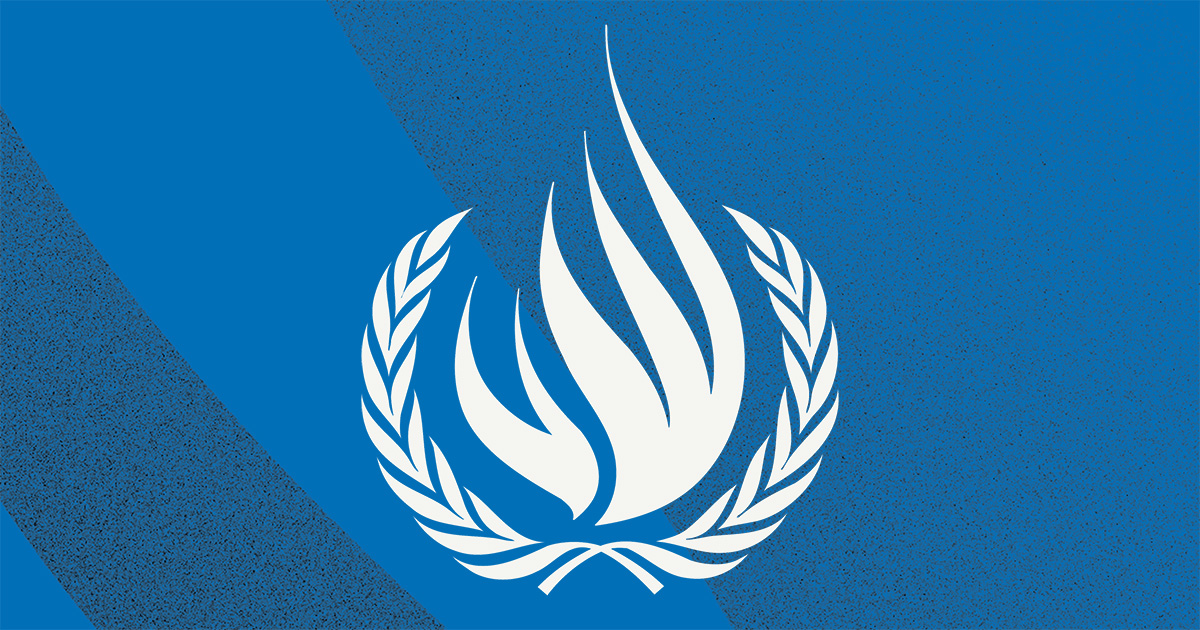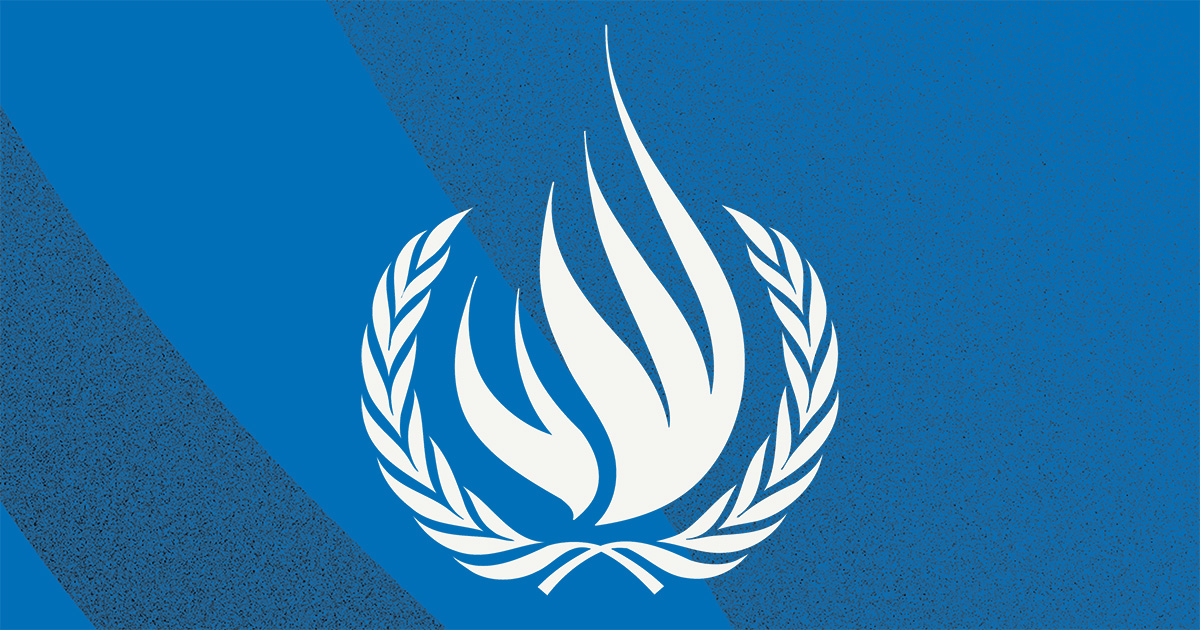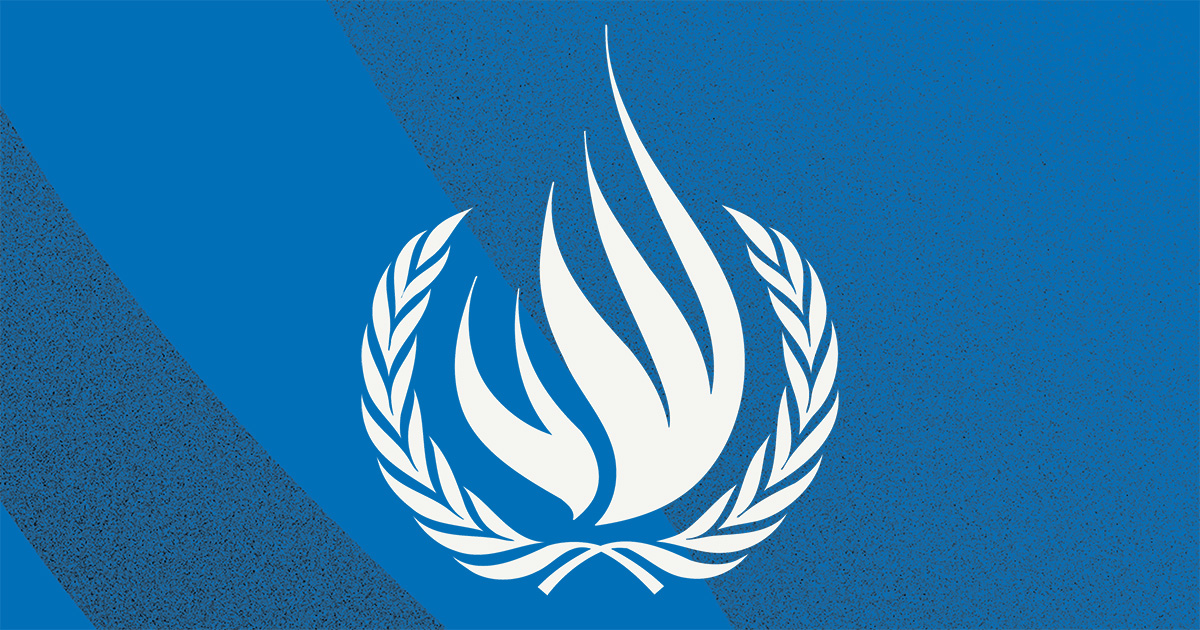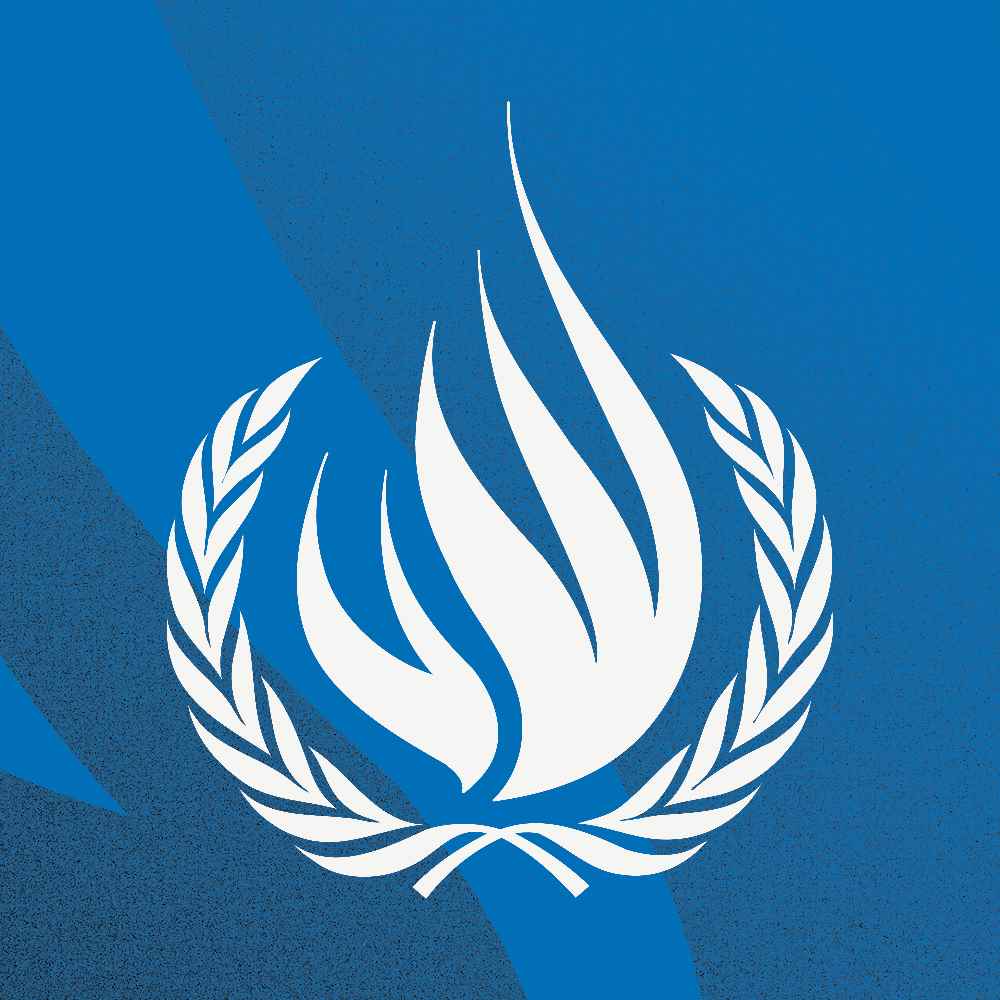
SANTO DOMINGO – The Dominican Republic has made significant advances in the rights of women and girls but must step up efforts to build a culture of gender equality and freedom from violence, UN experts said today.
While the country has made progress in its normative and institutional architecture on gender equality, it continues to experience alarming levels of violence against women and girls, poverty and unequal socio-economic development, entrenched gender stereotypes in family, cultural, social, economic and public life, and legal gaps on sexual and reproductive health rights, the Working Group on discrimination against women and girls, said in a statement, at the end of a 10-day visit to the country.
“Cultural norms reinforce discriminatory gender roles that limit opportunities for women and girls in all sectors,” the experts said. Women in the Dominican Republic have limited participation in political and public life, and in the labour force. Family and care responsibilities, as well as limited access to quality jobs, contribute to this gender disparity. High rates of child and adolescent unions, marriages and pregnancies also have a negative impact on the educational, economic and professional opportunities for girls and young women.
“The persistent situation of poverty and inequality in the Dominican Republic exacerbates the discrimination and exclusion that many women and girls experience,” the experts said. Girls and adolescents, migrant women and girls, victims and survivors of trafficking and sexual exploitation, women deprived of liberty, women and girls with disabilities and LBTQI+ women face greater vulnerability.
Women and girls in the country face various forms of gender-based violence, including at work, in schools and in digital spaces. There are high rates of femicide and sexual assault. While the Working Group welcomes the establishment of a national system of safe houses, it emphasised that there is a long way to go to effectively address the root causes of violence. Crucial interventions would include the adoption of a comprehensive law recognising all forms of violence, effective prevention programmes, education on gender equality, and ensuring victims and survivors" access to existing services and justice.
“While we welcome the increased national dialogue on reproductive rights, we are deeply concerned that the Dominican Republic continues to have one of the most restrictive abortion laws in the world,” the experts said. The state should guarantee a woman"s right to terminate a pregnancy in accordance with international standards.
“This moment represents a critical opportunity for the newly elected authorities to close remaining gender gaps, accelerate substantive equality and reaffirm the human rights of women and girls.”
The Working Group will present its final report to the Human Rights Council in June 2025.
*The Working Group met with national and local authorities, women and girls, civil society organisations, community leaders, UN entities and other relevant actors in Santo Domingo, Dajabón, Boca Chica and Verón.
The Working Group on discrimination against women and girls was created by the Human Rights Council in 2010 to identify, promote and exchange views, in consultation with States and other actors, on good practices related to the elimination of laws that discriminate against women. The Group is also tasked with developing a dialogue with States and other actors on laws that have a discriminatory impact where women are concerned.
The Working Group is composed of five independent experts: Dorothy Estrada Tanck (Chair), Laura Nyirinkindi (Vice-Chair), Claudia Flores, Ivana Krstić, and Haina Lu.
The Working Groups are part of what is known as the Special Procedures of the Human Rights Council. Special Procedures, the largest body of independent experts in the UN Human Rights system, is the general name of the Council"s independent fact-finding and monitoring mechanisms. Special Procedures mandate-holders are independent human rights experts appointed by the Human Rights Council to address either specific country situations or thematic issues in all parts of the world. They are not UN staff and are independent from any government or organization. They serve in their individual capacity and do not receive a salary for their work.
For further inquiries and media requests, please contact: wgdawprofessionalteam@ohchr.org
For media inquiries related to other UN independent experts please contact Dharisha Indraguptha (dharisha.indraguptha@un.org) or John Newland (john.newland@un.org)
Follow news related to the UN’s independent human rights experts on X: @UN_SPExperts











